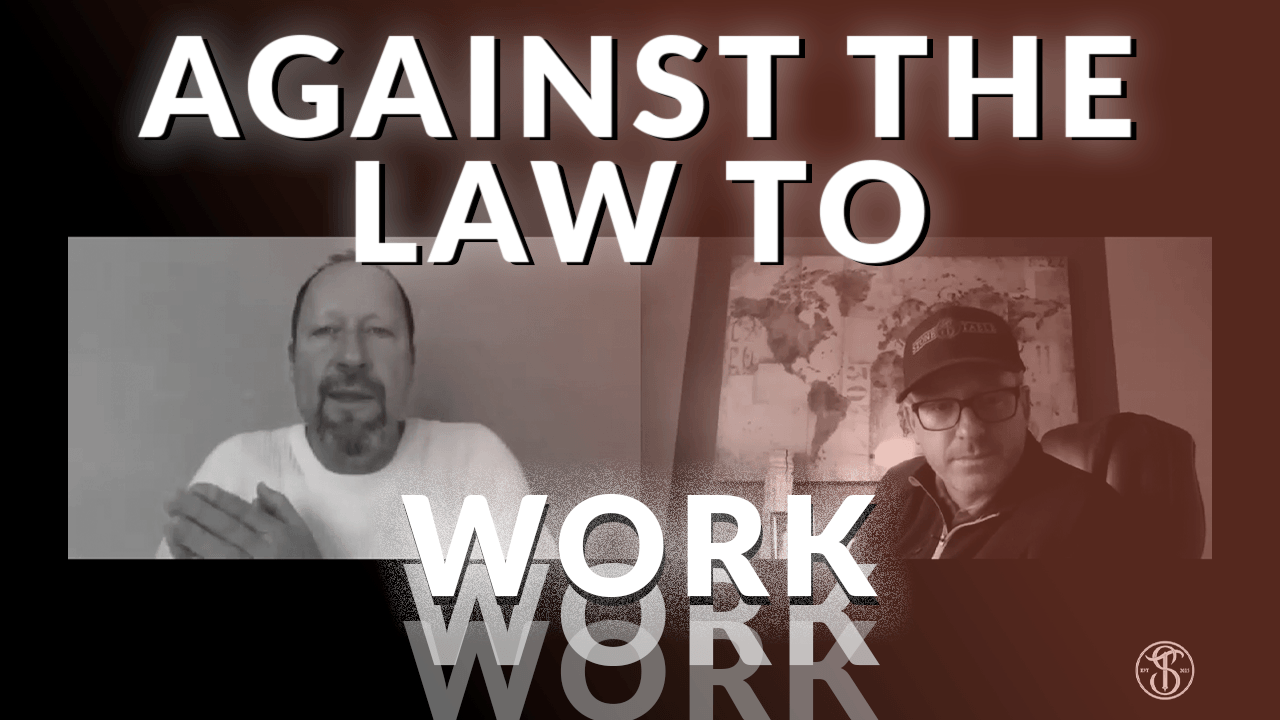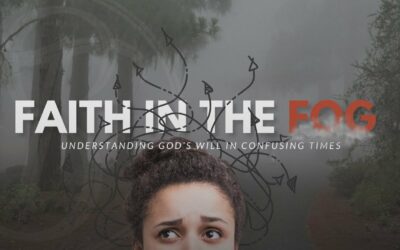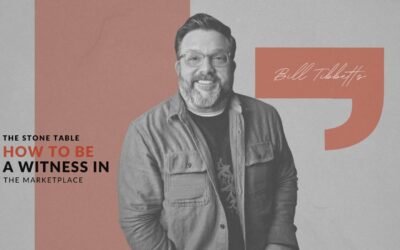Coronavirus is dominating the global conversation, and for good reason. This pandemic has shaken us to our core, showing us the instability of the things we so instinctively put our trust in. For many of us, the statistics have a face and a name attached. This week, as we watched one dear friend begin a miraculous recovery after a month in ICU, we watched another friend lose her life.
Even as we honor and pray for those fighting this disease in their bodies, there is an additional human toll that is being overlooked and misunderstood. For the poorest in the world, the economic shutdown is more than an inconvenience underwritten by stimulus checks, PPP loans, and Netflix. It’s life and death, too.
Sometimes it’s hard to feel that through the lens of our wealthy, American, capitalist culture. The economy has been dehumanized, defined only in financial terms, and set aside as some thing we can just ignore for a few months and then get back to when the risk to human life has passed. Unfortunately, that’s just not true. As champions of the sacredness of the marketplace and its role in God’s Kingdom, we want to help paint a more holistic picture.
I met Joe Bradford a few years back through social media. He’s a fellow Hoosier living in Romania working with orphans that have aged-out of the system. Joe shares a sobering picture of how the ripple effect of the economic shutdown is impacting the poorest 20% of people in the world. It’s an important perspective that needs to shape the broader narrative.
To be clear, The Stone Table takes no position on when the global lockdowns should be lifted, and we’re praying for our leaders who are making those decisions each day. We do, however, want to help Christians understand that “the economy” is people and that the economic shutdown is a life and death issue as well, especially among the world’s poorest communities. May the Lord show His grace and mercy to all during this unsettling season.




